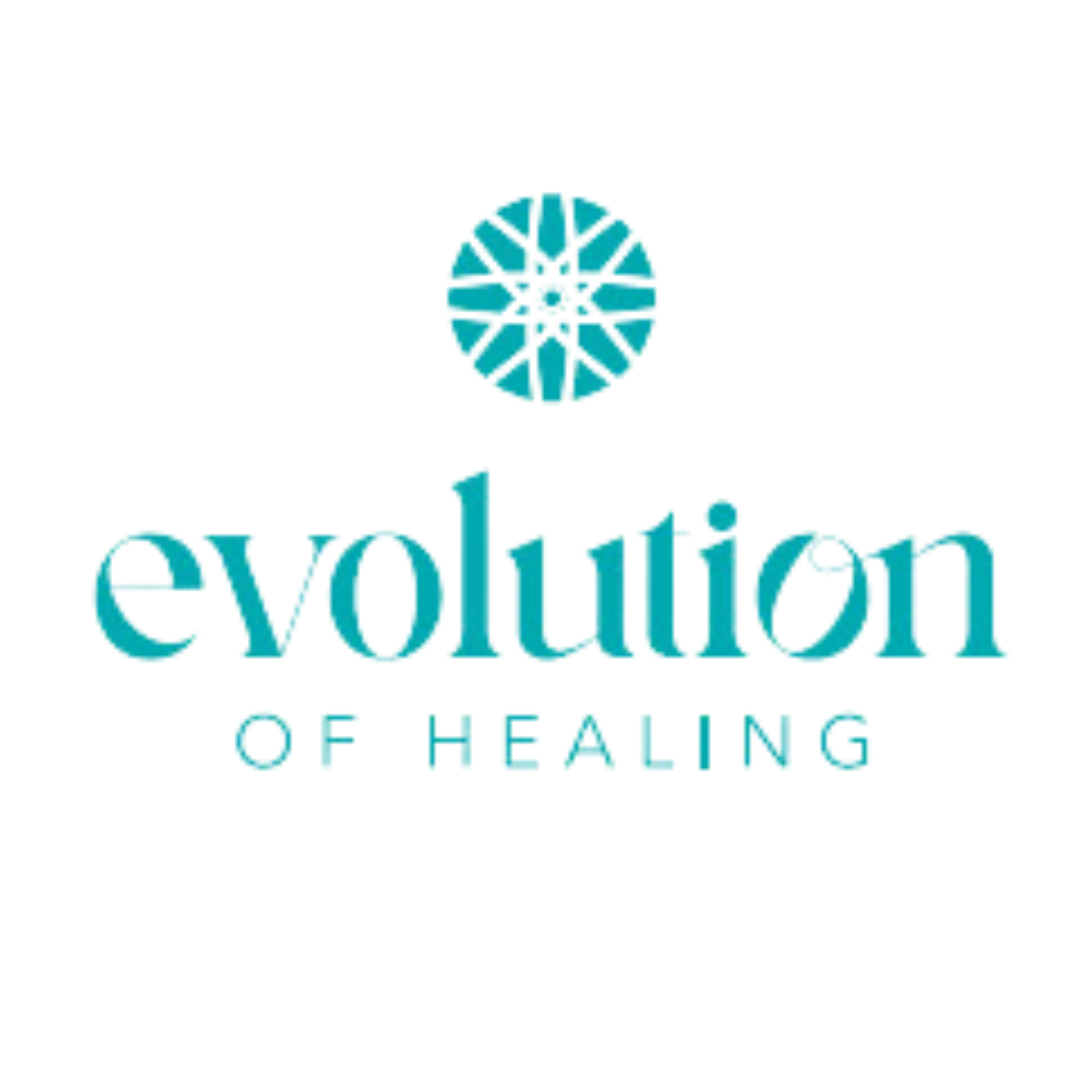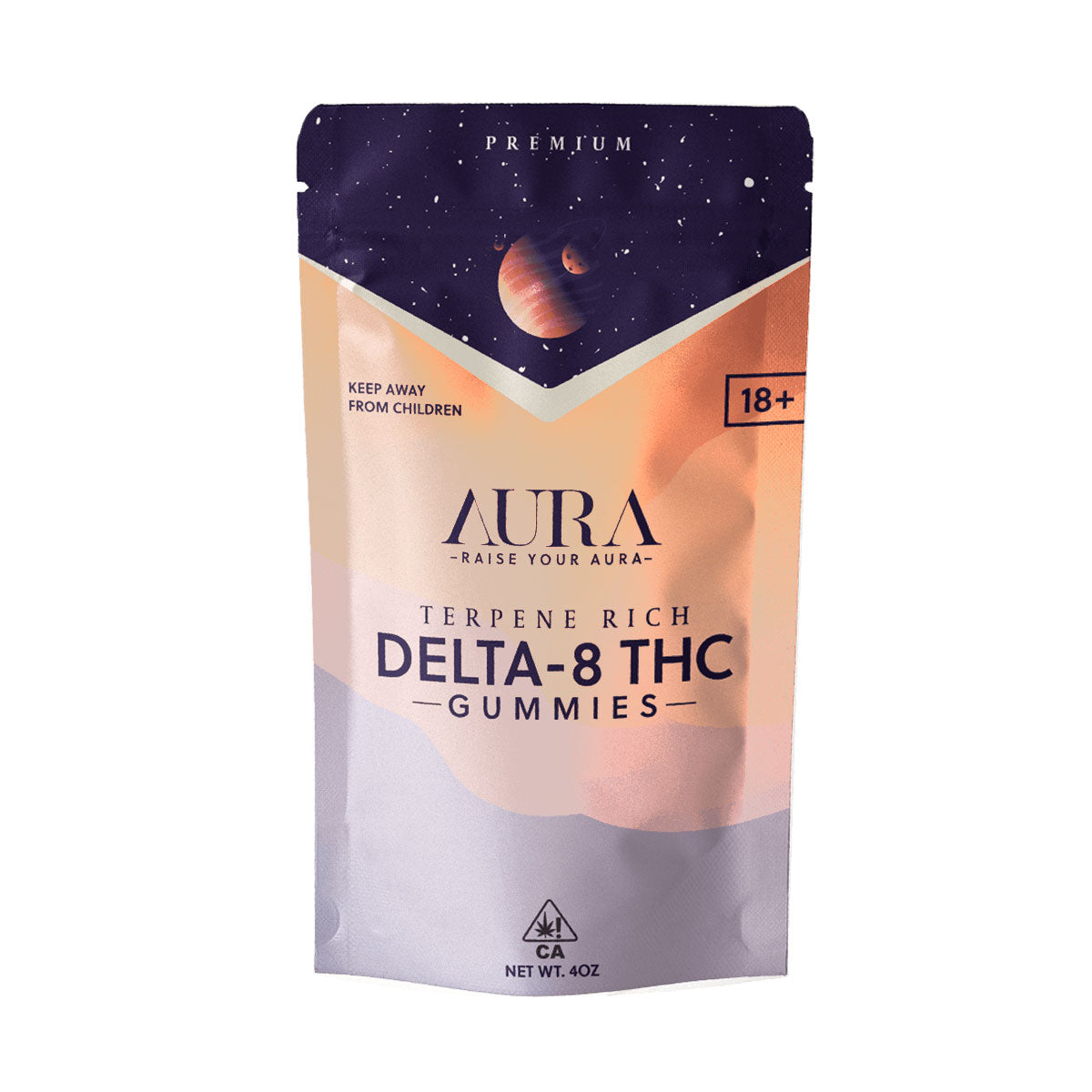Top 3 Conditions That Cannabis Topical Can Heal
The topical application of cannabis goods is rising in popularity. People use it to enjoy the healing effects of cannabinoids without getting high. Cannabis topical can heal and is also perfect for patients who are sensitive to the psychoactive outcome of cannabis. This is also convenient for people who would rather not get high, such as the elderly and children. Cannabis topicals have many uses that can be applied.
How Does Cannabis Topical Work?
Cannabis-imbued salves, sprays, oils, lotions, and other transdermal ways of relief work by binding to cannabinoid receptors. These receptors exist throughout the body. The compounds known as cannabinoids or the body’s endocannabinoids trigger these receptors.
Topical won’t induce that intense “high” you’d get from smoking or ingesting cannabis even if it contains active THC. With most topicals, cannabinoids can’t break through the blood vessels; they only get through for localized relief. Transdermal patches, however, do bring cannabinoids to the blood vessels. It could have potent effects with a high enough THC content.
What Conditions Do Cannabis Topicals Treat?
1. Pain Management
Pain in the form of arthritis, muscle pain, swelling, multiple sclerosis, and more can be effectively healed using cannabis topicals. It provides rapid relief to the precise affected area due to its strong anti-inflammatory properties. It helps in increasing the quality of life for pain patients of all kinds
2. Cancer
Do you remember the story of a man who used his own high-THC cannabis oil to treat skin cancer? That's right! Rick Simpson. Strong topicals can be used for the dreadful big C. Cannabis can work with the body to prevent the growth of cancer cells when applied directly. Cannabis may even assist to cause cancer cells to self-destruct
3. Holistic Beauty
If you’re seeking essential products that will help maintain your skin youthful, no need to consider other products. Cannabis and hemp topicals are there for you. The hemp seed oil has high amounts of polyunsaturated fatty acids (PUFA). It minimizes swelling and itching more effectively than regular moisturizers. PUFAs also help with transepidermal water loss, boosting the overall elasticity and firmness of skin while soothing dryness. Cannabis and hemp-based beauty brands also produce even better advantages for the skin. It doesn't have harsh chemicals and components that can result in dryness or have harmful aftereffects.
Other conditions that cannabis topicals can treat are pain from headaches, menstrual cramps, burn treatment, skin infections, and blemishes.
Which medical uses for topicals caught your interest? Share with The Evolution of Healing and check out our selection of topicals.
FREQUENTLY ASKED QUESTIONS
CBD capsules, pills or softgels support your body’s Endocannabinoid System (ECS), which helps regulate your natural inflammatory response, stress response, immune function, and sleep cycle so you can better manage stress, burnout, irritation, and discomfort.
Each form of CBD takes a different route through your body, impacting how long it takes to interact with your Endocannabinoid System (ECS) and how long it takes to work varies depending on a combination factors: metabolism, weight, and whether you've recently eaten can influence how long it takes CBD capsules to take effect. It is important to note that CBD builds up in the body over time, meaning that committing to your daily suggested amount is key to the long-term success with your CBD product of choice. Try taking the recommended amount on the packaging for 30 days. You can always adjust the amount as needed — you know your body best.
Understanding the suggested amount of CBD for you starts with understanding how CBD interacts with the body and brain, and particularly with the Endocannabinoid System, also called the ECS. To learn more, checkout How Long Do CBD Capsules Take To Work?
CBD capsules and CBD softgels are best taken at a consistent level for you to understand what works best for you — you know your body best. Try starting with the recommended amount on the packaging, and monitor how you feel over the next 30 days. If you aren't satisfied with the results, try gradually increasing or decreasing the number as needed.
Selecting a CBD product is an individual decision based on your overall wellness goals. CBD capsules are easy-to-swallow pills similar to a vitamin so you don't need to guess how much to take. CBD oils, such as tinctures, commonly use carrier oils including olive oil or medium-chain triglyceride (MTC) from coconut or hemp seed oil which might not taste good. And let's face it, oils are a little messy, and measuring out a precise amount from a small bottle with a dropper might not be an easy task. Unless the CBD in a CBD oil has been optimized for bioavailability, CBD oils won't be absorbed by the body and all the benefits may not be felt.


